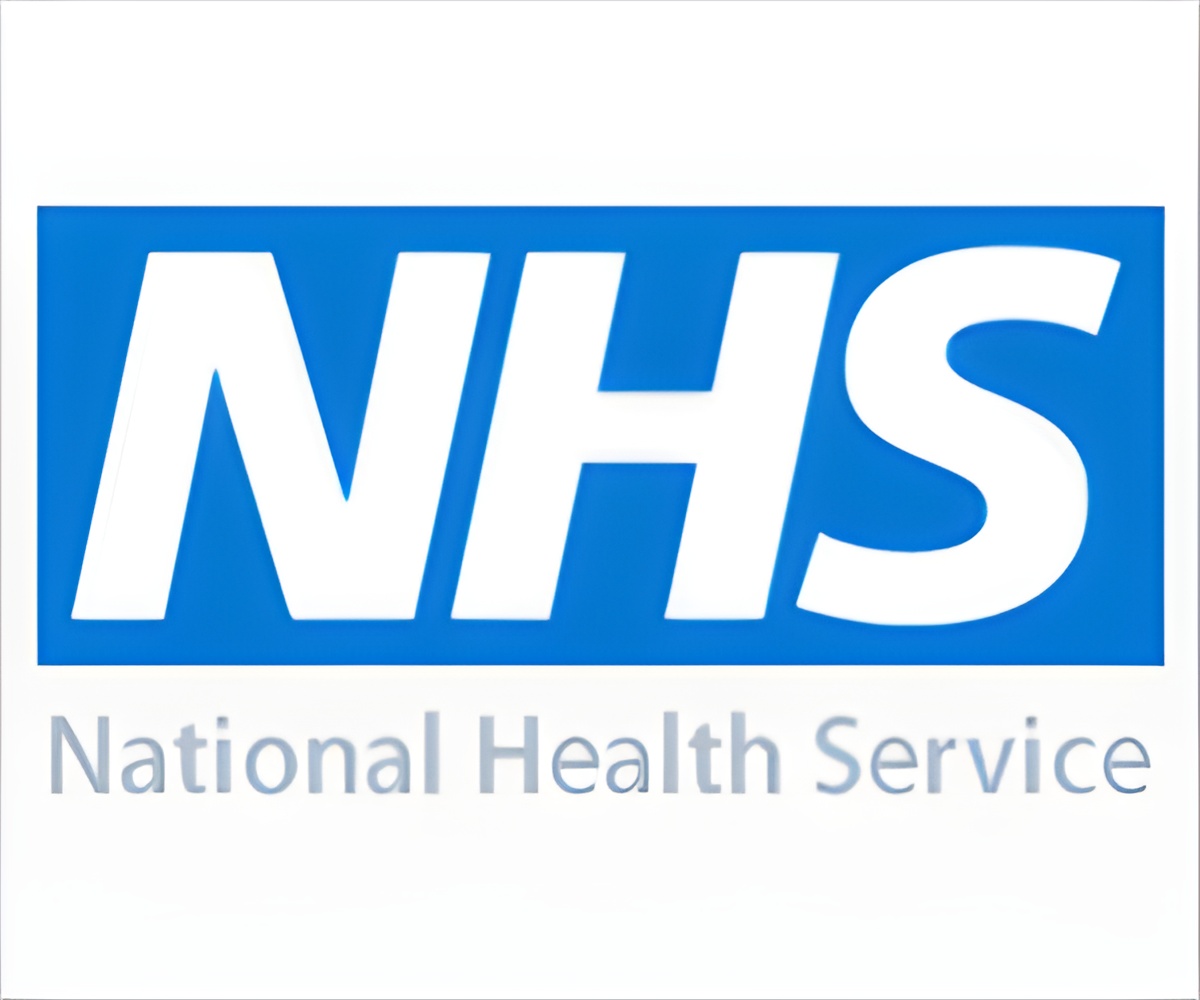
‘The most use of good people management practices have shown sickness absence rates of around 3.7 percent, whereas the Trusts that made the least had absence rates around 4.4 percent. They estimate that if all Trusts reduced their absence rates to 3.7 percent, this could lead to an annual saving of more than £200 million in sick pay for the NHS.’
Tweet it Now
They were also more than twice as likely to have staff with the highest levels of job satisfaction compared to NHS Trusts that made the least use of these practices, and over three times more likely to have staff with the highest levels of engagement.No link was found between people management practices and patient mortality. The research examined whether good people management is linked to high levels of wellbeing and better performance. It found that NHS Trusts ranked higher when they:
- Made extensive use of training
- Carried out performance appraisal
- Encouraged team working
- Had clear roles for staff
- Allowed staff to take decisions about how to do their job
- Encouraged supportive management
- Involved staff in decisions about their departments and the Trust
They estimate that if all Trusts reduced their absence rates to 3.7 percent, this could lead to an annual saving of more than £200 million in sick pay for the NHS.
The findings have implications for management in the NHS and elsewhere, as well as patients and policymakers. Dr. Ogbonnaya, a lecturer in human resource management, said: "A key priority in recent healthcare debates concerns the need for respectful and responsive services that meet patients' expectations, values and preferences. Our study provides guidance on important good people management practices for improving healthcare workers' wellbeing and the quality of services that patients receive.
Advertisement
"Healthcare leaders should pay attention to how these practices may be deployed towards promoting the quality of care that makes a difference to patients."
Advertisement
Dr. Ogbonnaya and Prof Daniels wanted to find out whether they could predict improvements in wellbeing - assessed as job satisfaction - and performance, assessed as worker engagement, patient satisfaction, sickness absence and patient mortality, from the use of good people management practices.
They analyzed data collected in 2012, 2013 and 2014 from between 135 and 243 NHS Trusts in England.
They examined whether changes in wellbeing and performance outcomes from 2012 to 2014 were related to people management practices in 2013. By analyzing changes in this way, they were able to show with greater certainty than has previously been possible that good people?management practices in 2013 led to improvements in well-being and performance outcomes in 2014.
Nancy Hey, Director of the What Works Centre for Wellbeing, said: "The evidence shows us that being employed, and the quality of our work, has a big impact on our wellbeing, beyond income alone. This research confirms the importance of choice, autonomy and a supportive working environment in boosting people's job and life satisfaction.
"NHS staff have a vital, but difficult job to do, and this paper shows what a difference it makes to staff, patients, and budgets when well-being is a policy priority. And even beyond the NHS, we know that a focus on management practice can increase well-being and performance at a relatively low cost."
Source-Eurekalert











